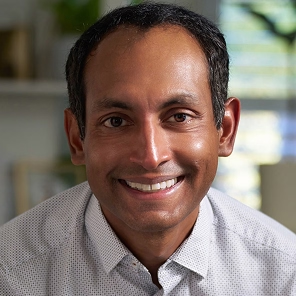Day after day, the exhaustion grew heavier. Patient care, administrative duties, and the unspoken expectation to always stay strong left no room to breathe. At home, Dr. S felt like a stranger to her own life, always on edge and one step away from collapse. She pushed herself to keep going because slowing down felt like failure. Admitting she was overwhelmed felt impossible. The fear of judgment from peers kept her silent. The pressure eventually seeped into her sleep, her health, and her relationships. The burnout signs were there, flashing brighter each day, but she ignored them, hoping tomorrow would feel lighter. What no one realized was how dangerously close she was to losing control.
One evening, after yet another 14 hour shift, Dr. S sat in her car unable to start the engine. Tears blurred her vision as she asked herself, “How much longer can I keep pretending I’m okay?”
For the first time, she spoke to a peer support group for physicians. She expected judgment but found empathy. Every story she heard mirrored pieces of her own.
Dr. S realized that speaking up didn’t mean weakness. It was the first step toward healing. The support she received reminded her that saving herself was as important as saving lives.

